Are you having problems with your dishwasher? With the busy schedules we have today, home appliances like dishwashers are a lifesaver. They help you run your home efficiently. So if you notice that your dishwasher is not cleaning well or is noisy, getting the problem addressed will likely be high on your priority list. We’ve listed some common dishwasher issues that you may experience and provided solutions on how to fix them.
Dirty interior
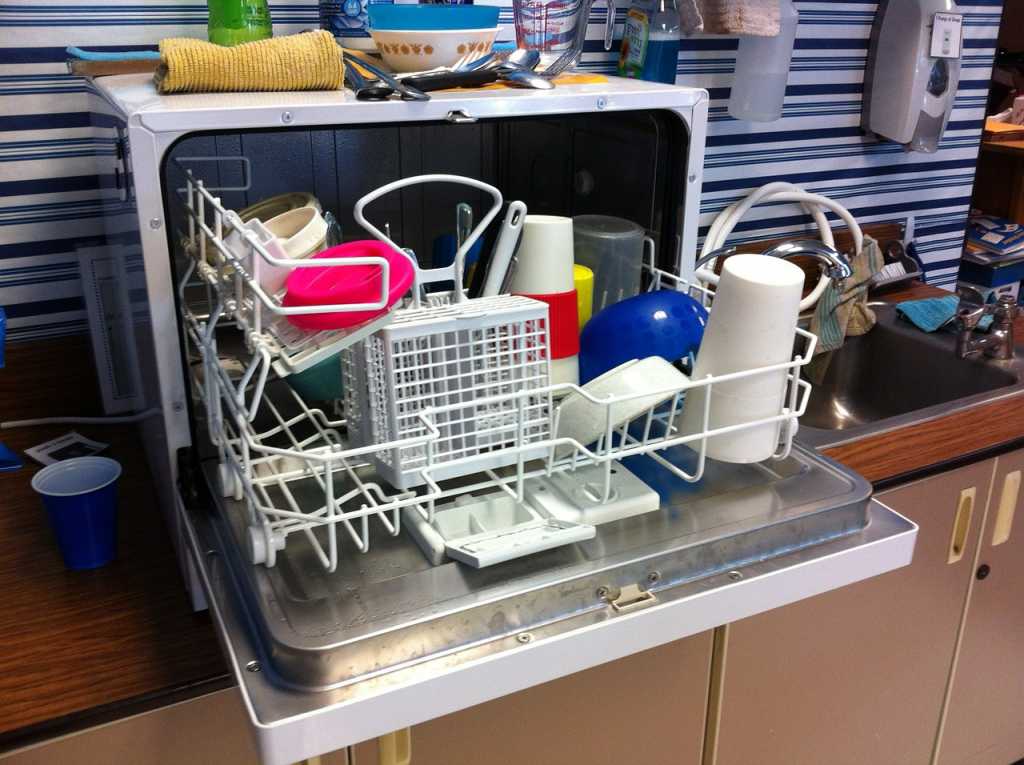
The inside of your dishwasher sees a fair share of grease, food particles and mineral deposits if you have hard water.
If you notice that the dishes are not getting clean or the interior of your dishwasher remains dirty after a cycle, it might be time for a routine cleaning. The amount of buildup will determine the course of action. If it is minor, pour three cups of white vinegar into the bottom of your dishwasher and run a full cycle. If there is a substantial amount of buildup, you will need to do a deeper cleaning of the entire dishwasher.
Dirty filter
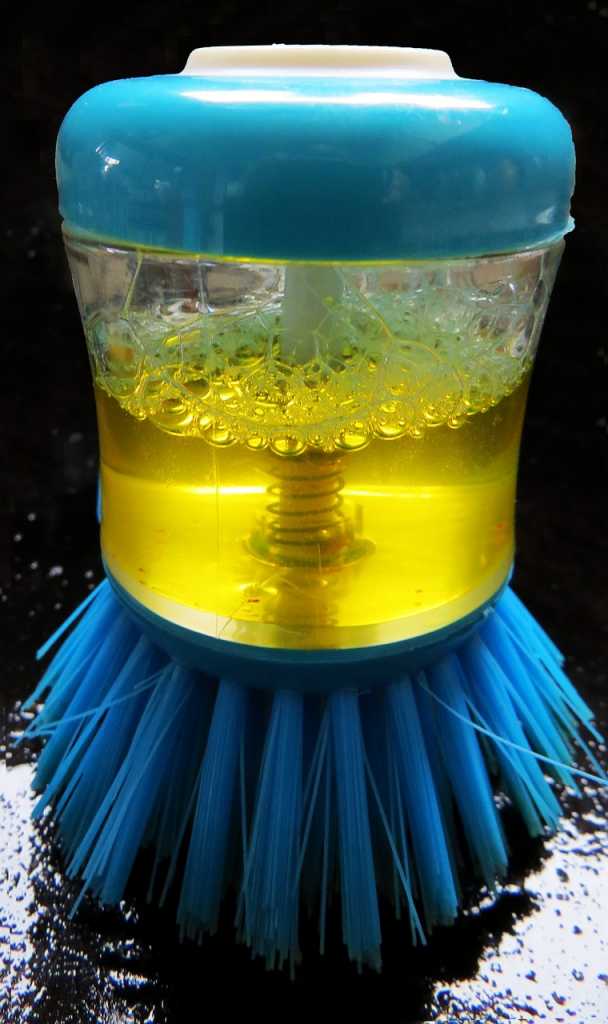
Depending on how old your dishwasher is, it may have a self-cleaning filter that breaks down food particles so they are tiny enough to be washed away with the water. Many dishwashers come equipped with a removable filter that needs to be cleaned out every now and then. The filter is usually located underneath the racks and has a cap you can twist off. To clean the filter, you’ll need to remove it from the dishwasher. Refer to the owner’s manual for instructions on how to do this. Once you have removed the filter, rinse it under hot water to ensure that all the gunk is washed away. If this isn’t enough, soak the filter in hot soapy water for a few minutes and then use a soft brush to clean it. Then rinse it again.
Clogged spring arm
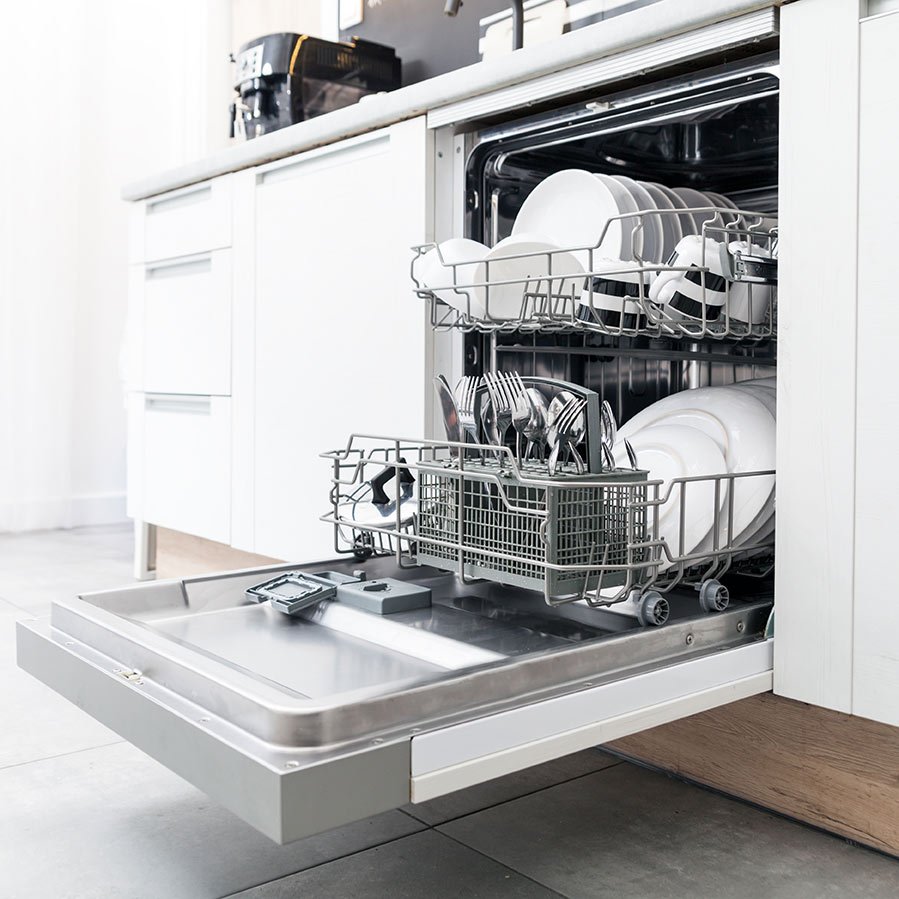
Dishwasher not cleaning top rack? Maybe you have a clogged spring arm. The spray arms are located above and/or below dishwasher racks and spray water into the dishwasher to clean the dishes. There are tiny holes, also called jets, on the spray arms that can become clogged overtime. Clean the spray arms to remove any food particles that are causing blockage and interfering with the water pressure. Some models have an arm that is easily removed while others require the use of a screwdriver to remove the screw holding the spray arm in place. Once it is detached, use a soft brush and dish soap to wash the spray arm. To remove particles in the holes, try using a toothpick and then rinse it with hot water.
Broken soap dispenser
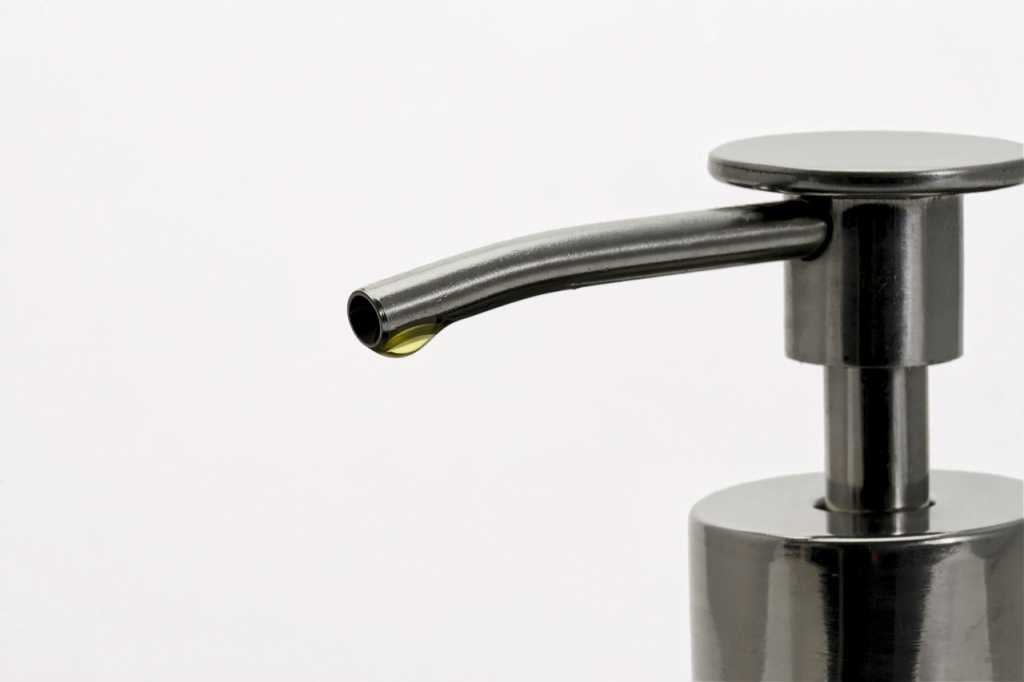
A broken dispenser means that the dishes may not be getting cleaned very well because detergent is not being dispensed properly. For your dishwasher to function properly, your dispenser needs to release detergent at the right time. Sometimes the problem is a jammed spring in the dispenser door. If this is the case, you’ll need to replace the spring. But before you do this, try cleaning out the soap dispenser and springs with a brush.
Low water temperature
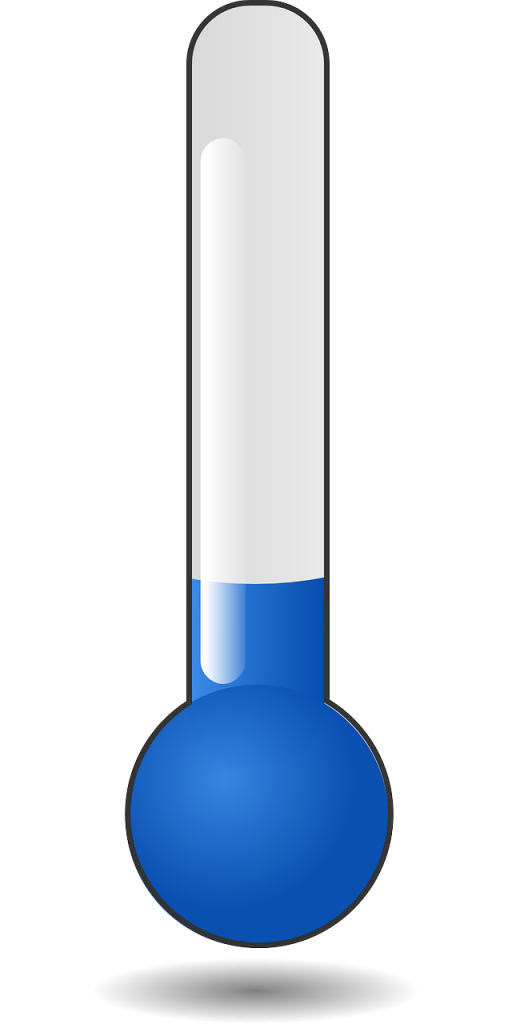
Typically, dishwashers need the water temperature to be at least 120°F to operate well. Some models come with a built-in mechanism that can heat up the water to the appropriate temperature. If yours does not, you need to ensure that the water heater is set to the temperature of 120°.
Detergent issues
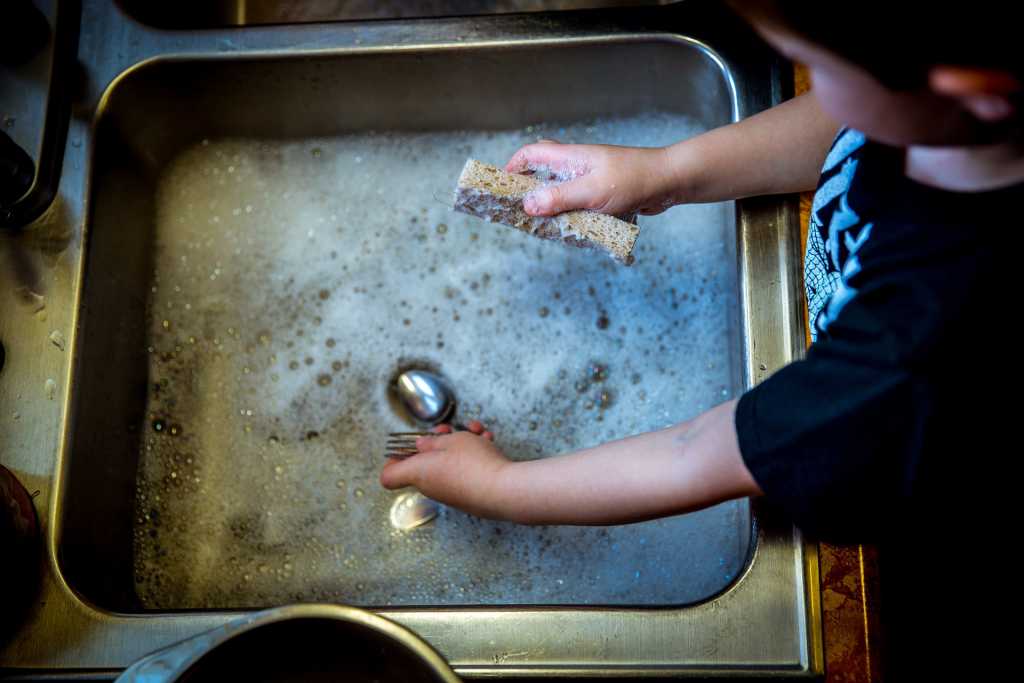
Make sure that you are using the appropriate detergent for your dishwasher. Using the wrong type will cause your dishes to be spotty. If you use too much detergent, that may lead to bigger issues. Avoid using low-quality detergent. Instead, use the right type of detergent and the correct amount. Having hard water can result in spotty dishes. If you have hard water, think about installing a water softener to reduce the amount of mineral deposits on your dishes.
Water volume or pressure issues
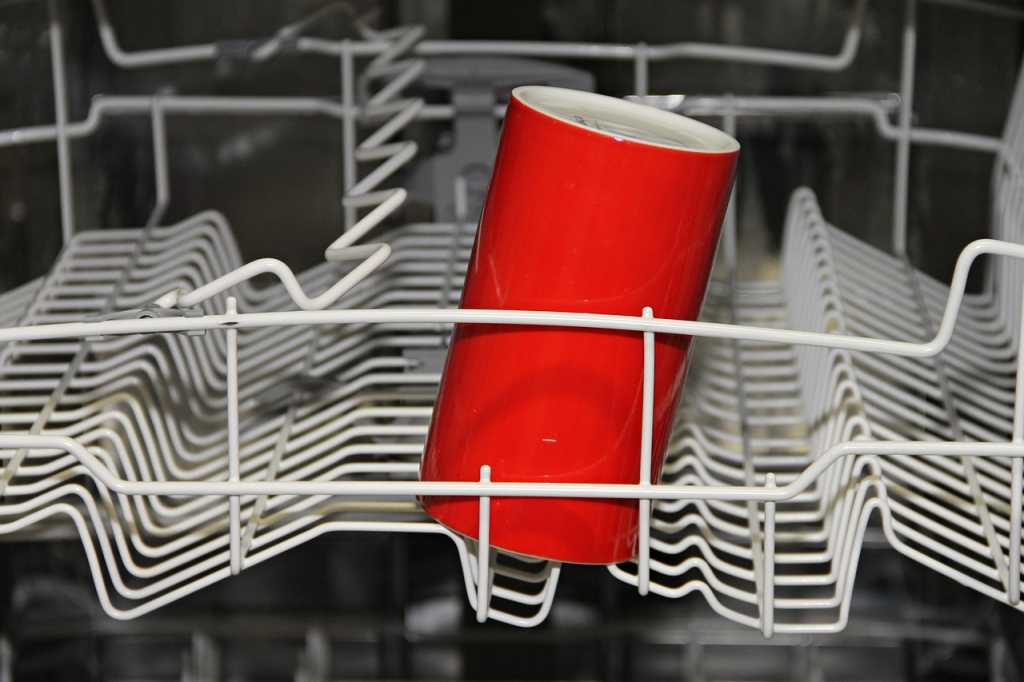
Appliances like dishwashers and washing machines need good water pressure to function optimally. You can usually notice that your water pressure is low when you turn on your faucets. If this is the case, hire a professional to fix the issue so it no longer continues to impact the functioning of your dishwasher.
Failing inlet valve
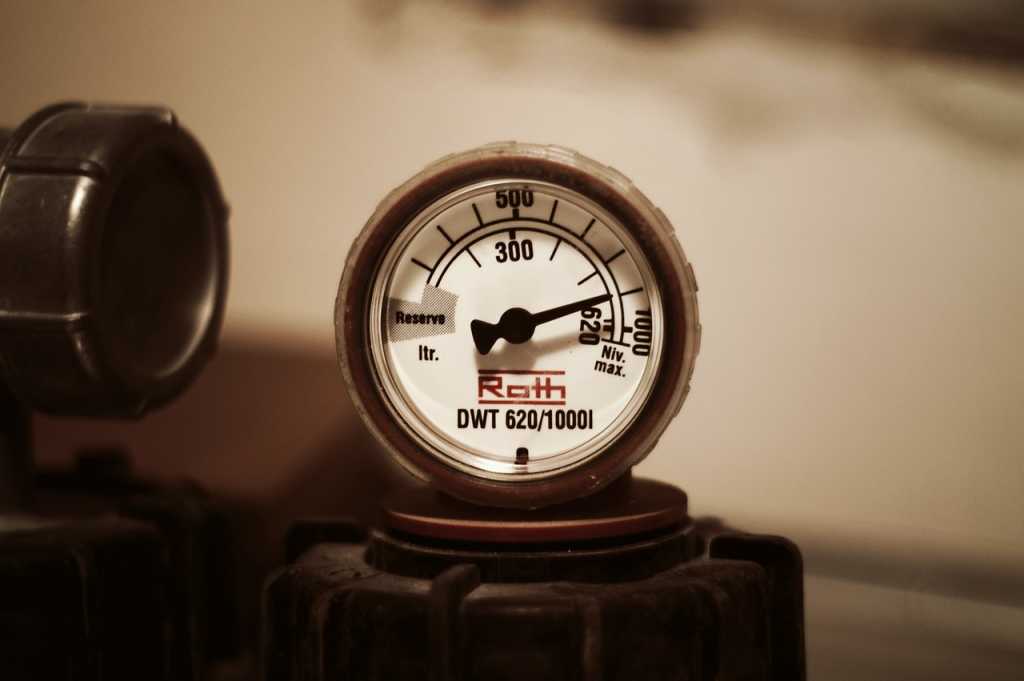
Water flows into your dishwasher through the inlet valve. When this valve is faulty, you may hear a hammering sound coming from the dishwasher during a cycle. We recommend getting a qualified technician to fix the issue as it is a complex process.
Closing

Ifix Appliance Repair has a team of reliable technicians who are fully capable of addressing all your dishwasher needs. Simply give us a call and we will be happy to get your dishwasher back in working order again.

